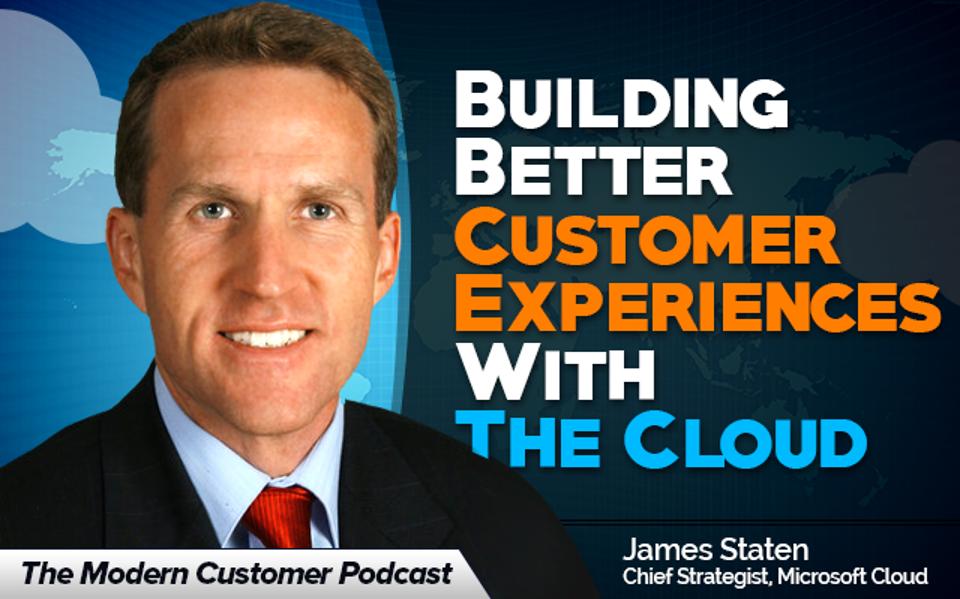Machine learning is a powerful way to access information about your customers in order to personalize the experience to meet their needs. James Staten, chief strategy officer for Microsoft Cloud, works with customers around the world and knows the importance of having a complete picture of how and when customers interact (or don’t interact) with a brand.
Instead of simply sorting customers into basic groups, machine learning can access huge data sets through the cloud, including data your company might not collect itself, such as social media analytics and information from retailers. The cloud allows users to aggregate huge amounts of data to give instant insights and predictive analysis.
European soccer team Real Madrid uses these tools to create an amazing customer experience. The team uses machine learning to analyze everyone who comes to their website or connects with them on social media and breaks them into sub-groups. For example, some people are fans of a particular player rather than the whole team, so that sub-group gets messages about player news, uniforms, and appearances. Fans who have never been to a game get information on how to watch the games online and can even get product recommendations based on what team gear they have purchased previously. By breaking their fans into micro-markets, Real Madrid can provide personal experiences to each fan that best meets their needs.
Another of Microsoft’s cloud clients is a clothing company that uses machine learning to understand how and where customers are buying clothes. The company then uses that data to personalize recommendations and outreach, and the results have been amazing—many targeted customers say they are very impressed with their personalized recommendations.
Machine learning opens up a new world of customer experience potential. Some brands are even leading the charge of cognitive analytics, which use facial recognition software and security cameras to detect who a customer is when they walk into a store. The system can then provide customer service and sales recommendations to associates in the store.
However, cloud technology isn’t without its challenges. At the top of the list is dealing with multiple sources of data and turning it into formats that can be analyzed by the right technology. Data needs to be tested for reliability, and not using enough data can lead to incorrect conclusions. However, as machine learning grows and more companies adopt the practice, the challenges should subside.
If you’re interested in using machine learning, James recommends considering if you have as much information as you can get about your customers. If not, gather data sets from inside and outside the company. Consider also what decisions your company makes that aren’t data driven and try to incorporate data into everything you do. Lastly, think about what you want to know next—there’s likely a machine learning and analytics solution to any problem.
With innovative technology like the cloud and machine learning, the entire customer experience can be transformed to create a personalized approach with amazing results.
Blake Morgan is a customer experience futurist, author of More Is More, and keynote speaker. Sign up for her weekly newsletter here. Go farther and create knock your socks-off customer experiences in your organization by enrolling in her new Customer Experience School.

